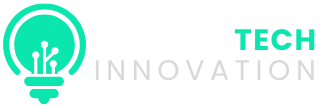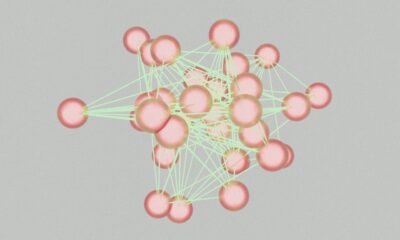AI
Caffeine by Dfinity: Revolutionizing App Development with AI and Natural Language
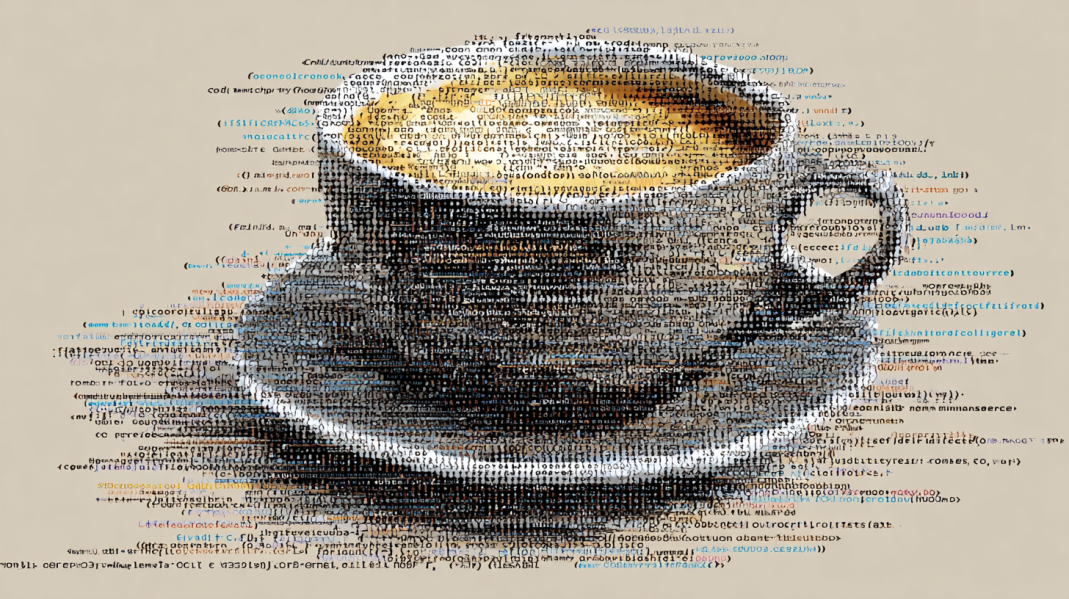
The Dfinity Foundation has recently unveiled Caffeine, an innovative artificial intelligence platform that enables users to create and deploy web applications using natural language conversation, eliminating the need for traditional coding. Unlike other AI coding assistants, Caffeine operates on a decentralized infrastructure tailored for autonomous AI development, providing a unique approach to application building.
Caffeine sets itself apart from tools like GitHub Copilot and Cursor by offering a complete replacement for technical teams. Users can describe their requirements in plain language, and AI models will generate, deploy, and update production-grade applications without any human intervention in the coding process.
Dominic Williams, the founder and chief scientist at Dfinity Foundation, envisions a future where users interact with AI to create and evolve applications effortlessly. The platform has garnered significant interest, with thousands of users testing Caffeine before its public launch. The platform’s architecture ensures data integrity during application updates, addressing a common issue with AI-generated code.
Caffeine’s use of Motoko, a specialized programming language for AI, guarantees that upgrades do not result in data loss. This feature distinguishes Caffeine from other platforms that face challenges like application breakdowns, security vulnerabilities, and data loss during updates. The platform’s focus on orthogonal persistence simplifies data management, allowing AI to concentrate on application logic.
The Internet Computer Protocol (ICP) serves as the foundation for Caffeine, offering a secure and tamper-proof environment for applications. The platform’s use of chain-key cryptography ensures the integrity of applications, safeguarding them against cyber threats.
Caffeine’s innovative approach to application development revolves around the concept of self-writing internet, where AI-driven tools empower users to create applications through natural language interaction. The platform’s ability to generate complex applications quickly and efficiently sets it apart from other AI-assisted development tools.
The platform’s economic model, which involves a reverse gas model and an integrated App Market, challenges traditional software-as-a-service platforms. Applications built on Caffeine are owned by their creators and run on the decentralized Internet Computer network, ensuring autonomy and security.
Despite its promising features, Caffeine faces challenges such as technical limitations and the need for real-world testing. The platform aims to revolutionize the software development industry by enabling non-technical users to build custom applications effortlessly.
In conclusion, Caffeine represents a significant advancement in AI-driven application development, offering a user-friendly and efficient way to create web applications. The platform’s unique features and architecture position it as a game-changer in the field of software development.
-

 Facebook4 months ago
Facebook4 months agoEU Takes Action Against Instagram and Facebook for Violating Illegal Content Rules
-

 Facebook4 months ago
Facebook4 months agoWarning: Facebook Creators Face Monetization Loss for Stealing and Reposting Videos
-

 Facebook4 months ago
Facebook4 months agoFacebook Compliance: ICE-tracking Page Removed After US Government Intervention
-
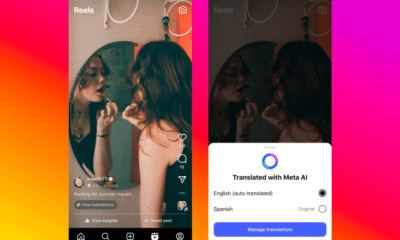
 Facebook4 months ago
Facebook4 months agoInstaDub: Meta’s AI Translation Tool for Instagram Videos
-

 Facebook2 months ago
Facebook2 months agoFacebook’s New Look: A Blend of Instagram’s Style
-

 Facebook2 months ago
Facebook2 months agoFacebook and Instagram to Reduce Personalized Ads for European Users
-
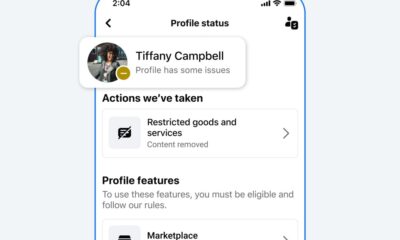
 Facebook2 months ago
Facebook2 months agoReclaim Your Account: Facebook and Instagram Launch New Hub for Account Recovery
-

 Apple4 months ago
Apple4 months agoMeta discontinues Messenger apps for Windows and macOS
